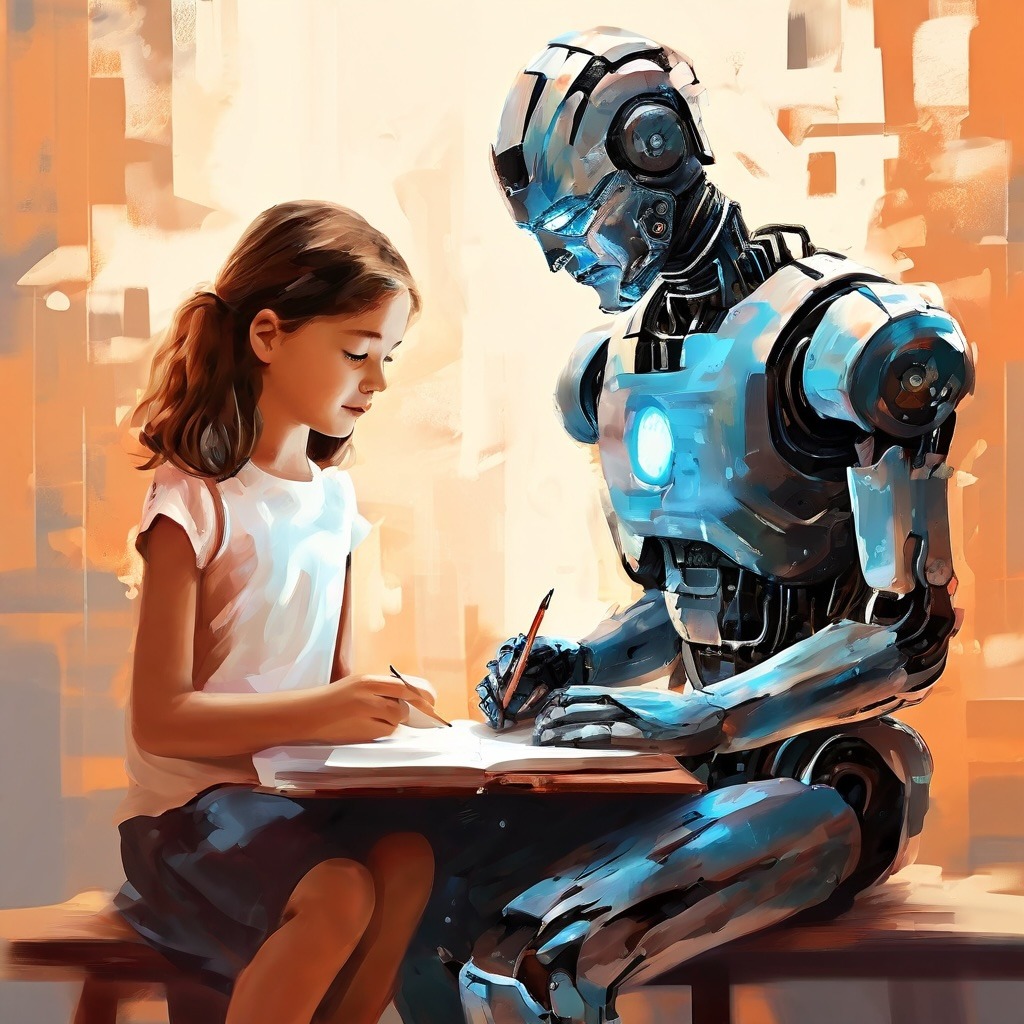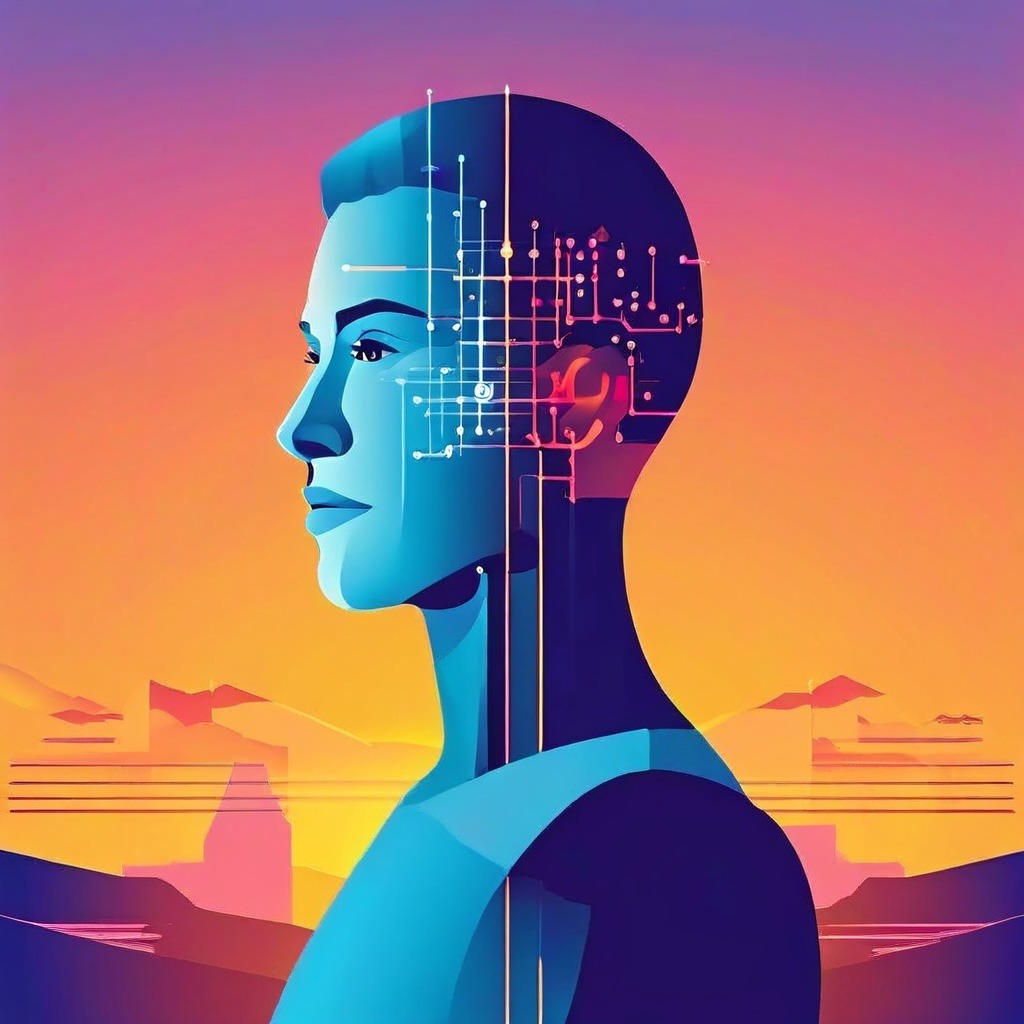The Rise of AI in Writing
In today’s digital age, technology continues to advance at a rapid pace, with artificial intelligence (AI) leading the way. AI has already made its mark in various industries, from manufacturing to healthcare, and now it is making its way into the world of writing. With the help of AI, the writing process is becoming more efficient, accurate, and creative. This has sparked a debate about the future of writing and its potential impact on the literary world. So, let’s explore the possibilities of AI in writing and how it is revolutionizing the way we create and consume written content.
AI writing refers to the use of artificial intelligence technologies, such as natural language processing and machine learning, to generate written content. This technology has been around for quite some time, with early examples dating back to the 1950s. However, it is only in recent years that AI writing has gained widespread recognition and acceptance. With the advancements in AI technology, it is now possible for machines to understand and produce human-like language, making it a valuable tool for writers and content creators.
The Benefits of AI Writing
One of the main benefits of AI writing is its ability to save time and effort. With the help of AI, writers can generate content at a much faster rate, without compromising on quality. This is particularly useful for content-heavy industries, such as news media and marketing, where the demand for fresh and relevant content is high. AI can also assist in the research process, providing writers with valuable insights and data to support their writing.
Moreover, AI writing can improve the accuracy and consistency of written content. Unlike humans, AI does not get tired or make mistakes. It can proofread and edit written content, ensuring that it is free of grammatical errors and typos. This can be especially useful for non-native writers or those with learning disabilities, who may struggle with language barriers. Additionally, AI can maintain a consistent tone and style throughout a piece of writing, making it more cohesive and professional.
Another advantage of AI writing is its potential to enhance creativity. AI can analyze vast amounts of data and generate unique ideas and perspectives that humans may not have thought of. This opens up new possibilities for writers to explore and experiment with, expanding their creativity and pushing the boundaries of traditional writing. Some AI writing tools even can mimic the writing style of famous authors, allowing writers to collaborate with their favorite literary icons.
The Impact of AI on the Future of Writing
The rise of AI in writing has sparked concerns about its impact on the future of writing and the role of human writers. Some fear that AI will replace human writers and render them obsolete. However, this is not the case. While AI may be able to assist in the writing process, it cannot replicate the human experience and emotions that are essential for creating compelling and relatable content.
In fact, AI can be seen as a tool that complements human writers, rather than a replacement. By taking care of the more mundane and time-consuming tasks, AI allows writers to focus on the more creative aspects of writing. This can lead to a more efficient and enjoyable writing process, resulting in better-quality content.
Furthermore, AI writing can also help break barriers in the literary world. With the ability to understand and generate content in multiple languages, AI can bridge the gap between different cultures and languages, making written content more accessible to a global audience. This can also aid in the preservation of endangered languages and dialects, ensuring that they are not lost in the digital age.
In conclusion, AI is here to stay, and its impact on the world of writing is undeniable. While there may be concerns about its role in the future of writing, AI writing has the potential to enhance and elevate the writing process, rather than replace it. With its ability to save time, improve accuracy, and boost creativity, AI is revolutionizing the way we write and consume written content. As technology continues to evolve, the possibilities for AI in writing are endless, and it is up to us to embrace and utilize it to its full potential. The future of writing is here, and it is an exciting time to be a part of it.





